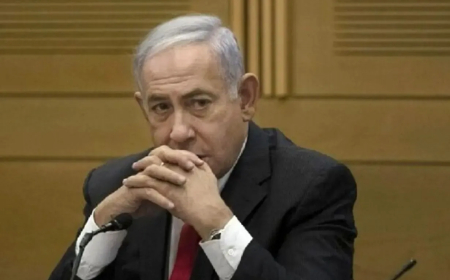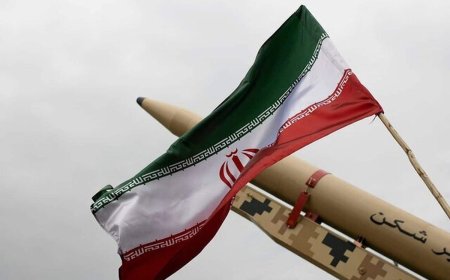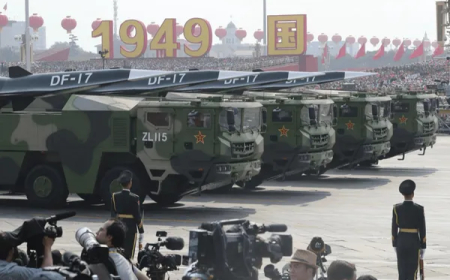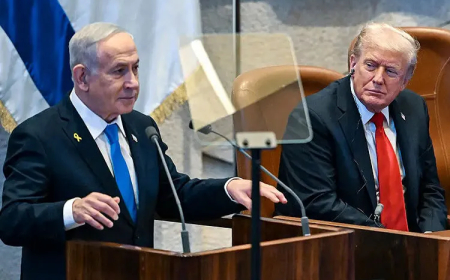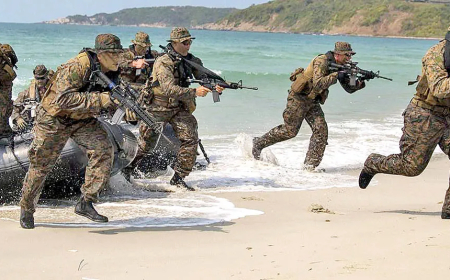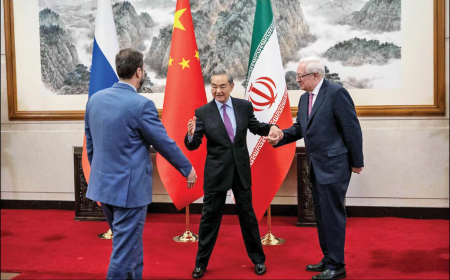High Costs, Empty Arsenals, and Political Turmoil: Israel’s Fragile Position After the Iran Conflict
Months after the ceasefire between Iran and Israel, analysts and think tanks continue debating whether another round of conflict is imminent. Yet, the data suggests that Israel now faces one of the most fragile political, economic, and military moments in its modern history — making a renewed offensive against Iran increasingly unlikely, though not entirely impossible.
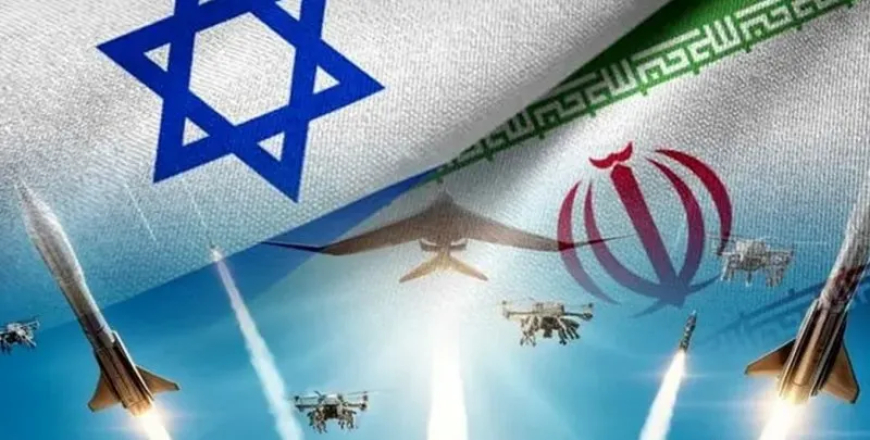
In the four and a half months following the ceasefire between Tehran and Tel Aviv, one persistent question dominates strategic discussions: could the conflict reignite? Many Western and regional think tanks portray Israel as militarily dominant and Iran as comparatively limited in capability, concluding that the recent confrontation ended in Israel’s favor. However, field data and deeper analysis paint a more complex reality — one that challenges the notion of a “second round.”
Internal Divisions
The first major factor is Israel’s deepening political and social fractures. Entering 2025, the country faced one of the most severe internal crises in its history. Surveys by the Jewish People Policy Institute (JPPI) indicated that nearly 80% of Israelis were deeply worried about social cohesion, and over a quarter believed the country was “on the verge of civil war.” While the ceasefire and prisoner exchanges provided Prime Minister Netanyahu with a brief surge in popularity, subsequent polls show that his coalition remains short of a parliamentary majority. This fragile political structure, while tempting Netanyahu to gamble on military action to stay in power, simultaneously restrains Israel’s ability to initiate another conflict.
The Economic Toll
Another major constraint is the staggering financial cost of war. The prolonged conflicts since October 2023 have transformed Israel’s innovation-driven economy into a heavy, wartime structure. Total war-related expenditures between 2023 and 2025 are estimated to exceed $69 billion, while the defense budget for 2025 alone has reached 107 billion shekels ($29 billion) — a 65% increase compared to pre-war levels. With a budget deficit projected near 7% of GDP and national debt approaching 70%, Israel’s fiscal backbone is under immense strain. Credit agencies have warned that Israel’s rating is approaching “junk” status, undermining its ability to sustain another costly military campaign.
Missile Defense Exhaustion
Equally critical is the depletion of missile defense resources. The June 2025 conflict exposed severe logistical weaknesses, particularly in Israel’s dependence on U.S. interceptors. According to the Jewish Institute for National Security of America (JINSA), the U.S. and Israel spent between $1.48 and $1.58 billion on missile interceptors during the 12-day war, with the U.S. THAAD system accounting for nearly half of all successful interceptions. This means that about 14% of America’s total THAAD inventory was consumed — a stunning figure that has long-term consequences. Given current production rates, replenishing those stockpiles may take 3 to 8 years, making another large-scale engagement untenable in the near term.
Strategic Defeat
From a strategic standpoint, multiple institutions — including the International Institute for Strategic Studies (IISS) and the Center for Strategic and International Studies (CSIS) — have labeled Israel’s campaign a “strategic failure.” Despite its heavy costs, the operation failed to meet its stated objectives. The CSIS report notes that Israel’s “Operation Lion’s Leap” did not resolve Iran’s nuclear challenge and merely delayed it “at an extremely high price.” These conclusions undermine the decades-old “Begin Doctrine” of preemptive strikes as a credible deterrence strategy. In the modern era, against a dispersed and advanced nuclear infrastructure, such attacks are no longer solutions — merely expensive postponements.
Public Fatigue and Political Collapse
The final and perhaps most decisive factor is public exhaustion. Two years of continuous warfare in Gaza, Lebanon, and Iran have shattered Israeli society’s resilience. Surveys by the Israel Democracy Institute (IDI) show unprecedented levels of “war fatigue” and declining public support for another “optional war,” particularly against Iran. The government’s failure to deliver on its promise of “total victory” has further eroded public trust and political unity. Israel’s military may retain the capacity for airstrikes, but its political leadership lacks the legitimacy to order them.
On Alert, but Wary
Still, a total dismissal of future conflict would be premature. Netanyahu has repeatedly demonstrated a willingness to make politically motivated, high-risk decisions. While media assessments highlight why another major war appears improbable, Israel’s military remains on full alert. For now, the evidence suggests that repeating a strike similar to the one on June 23 would be far from simple or cost-free — yet vigilance remains essential.
